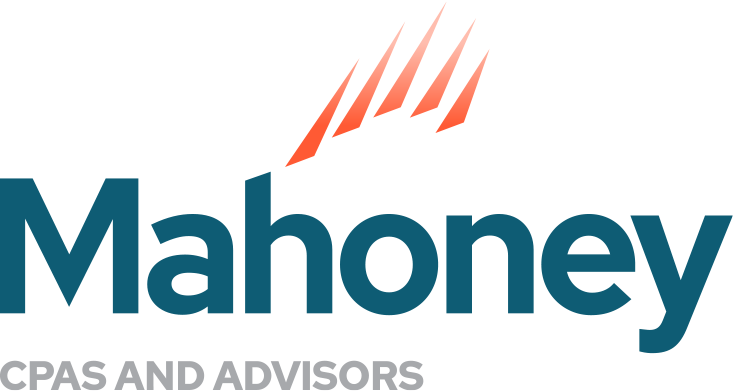
Selling & Buying Real Estate? Utilize Like-Kind Exchanges to Defer Gain
Amid a plethora of new and proposed tax legislation, it’s important to remember tax-savings strategies that existed before the COVID-era. One of these strategies, which is particularly beneficial for taxpayers engaging in real estate transactions, is utilizing the like-kind exchange rules. Take a look below to see how like-kind exchange rules might benefit you.
The Concept
Like-kind exchange rules allow a taxpayer to defer his or her taxable gain when he or she exchanges “like-kind” assets. For example, assume the following facts:
- A taxpayer sells a rental property with a fair market value (FMV) in Year 1;
- Assuming like-kind exchange rules aren’t utilized, a $40,000 capital gain is recognized on the sale in Year 1;
- A new rental property is purchased around the same time in Year 1 and
- The new rental property is sold in Year 5.
If the like-kind exchange rules are met, the $40,000 capital gain can be recognized in Year 5 instead of Year 1. It’s important to note that, in general, to achieve full gain deferral the new property purchased must be of equal or higher FMV compared to the property sold.
The Rules
- Exchange of “like-kind” assets refers to the sale or exchange of one piece of real property (referred to as “relinquished property”) for another piece of real property (referred to as “replacement property.”)
- Notice that like-kind exchanges only apply to real property, not personal property. Under the Tax Cuts and Job Act of 2017 (TCJA,) personal property is no longer eligible for like-kind exchange treatment. New rules now allow a de minimus amount of personal property to be included as part of a real property exchange.
- Remember, the term “real property” essentially means land and anything that is attached to the land like a building.
- Both the relinquished property and replacement property must be used in either business or for investment. For example, a rental property can be exchanged by another rental property, but a rental property couldn’t be exchanged for a personal residence.
- The relinquished property must be transferred to the party from whom the replacement property is being received.
- There is, however, a way to work around this restriction so that property can be sold to one party, purchased from a different party and still qualify for like-kind exchange rules. To get around this restriction, the cash proceeds from the sale of the taxpayer’s relinquished property cannot be accessed by the taxpayer. This is often done by utilizing a “Qualified Intermediary” (QI.) A QI is an independent party that will hold the funds from the sale of the relinquished property and release the funds for the purchase of the replacement property — the taxpayer never actually takes possession of the money from the sale of his or her relinquished property. This transaction is called a “deferred” like-kind exchange.
- If the relinquished property and replacement property aren’t simultaneously exchanged for one another as part of the same transaction, then a deferred like-kind exchange can still qualify for gain deferral if the following “safe harbor” rules are met:
- The replacement property must be identified within 45 days after the relinquished property is transferred to the acquiring party, and
- The replacement property must be transferred to the taxpayer within 180 days after the relinquished property is transferred to the acquiring party, or before the due date of the taxpayer’s tax return (including extension,) whichever is sooner.
Conclusion
There are a lot of rules to abide by if you want to utilize like-kind exchange rules. It’s important to be proactive and talk with your tax accountant before you exchange real estate properties. If you exchange properties and wait to let your tax accountant know in April of the following year that you’d like to utilize like-kind exchange rules, then there’s a good chance that you won’t qualify for gain deferral.
For additional considerations, please reach out to Craig Mulcahy, CPA, MBT, Partner, or contact our Tax Solutions Team at Mahoney to be of help to you in any way.
ADDRESS
10 River Park Plaza, Suite 800
Saint Paul, MN 55107
(651) 227.6695
Fax: (651) 227.9796
info@mahoneycpa.com
© 2024 Mahoney | Privacy Policy
Mahoney Ulbrich Christiansen & Russ, PA



